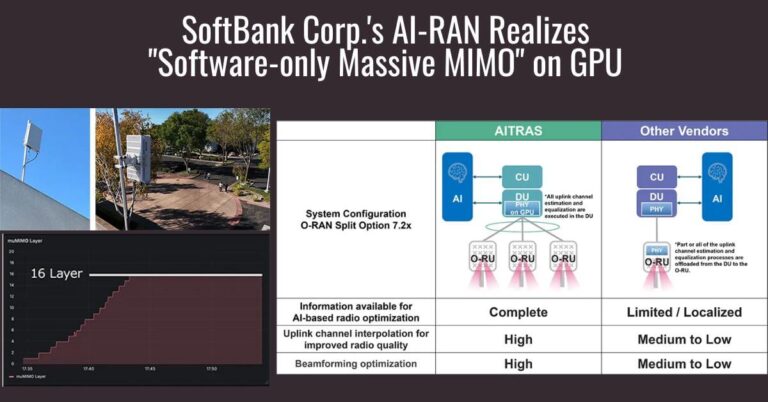Standards are important, but should not slow down the progress
Standards are highly useful inside the telecom industry because they create a global market that provides scale. They gives confidence in interoperability. They allow people to develop new technologies where they know that they can deliver that in multiple regions and geographies. So standards are very important, but standards should not slow down the industry’s progress.
Similar to Web Industry
We are no different from the web industry, where standards continuously evolve inside web browsers and online. There are mechanisms in software to cope with the discrepancies across the different supply chains of that browser market. We have seen this in the software layer of Rakuten Symphony’s architecture where it is possible to manage those situations, maintain scale and manage standard evolution.
We are big supporters of standards. However, we don’t believe the standards are the answer, and we don’t believe the standards are the customer value.













































